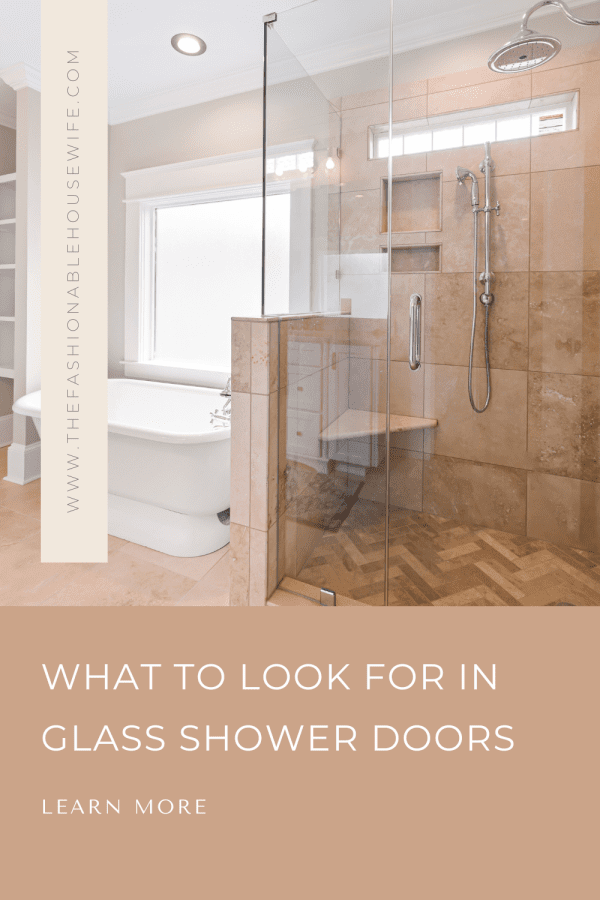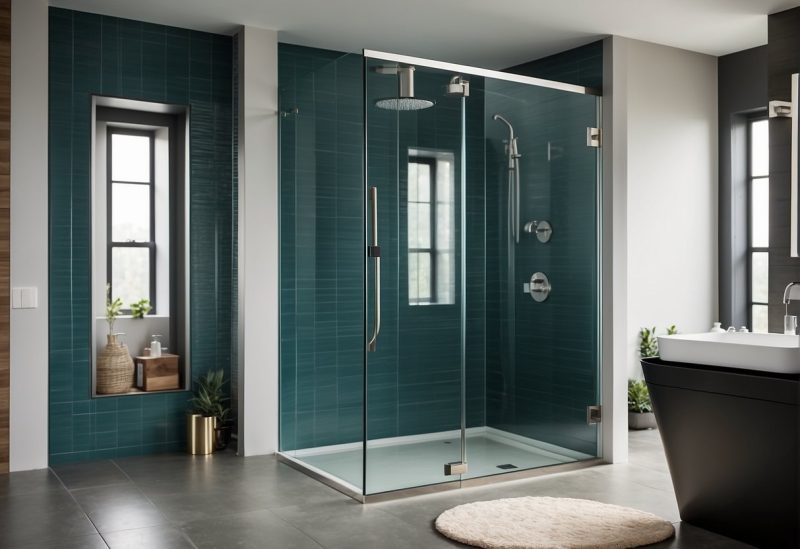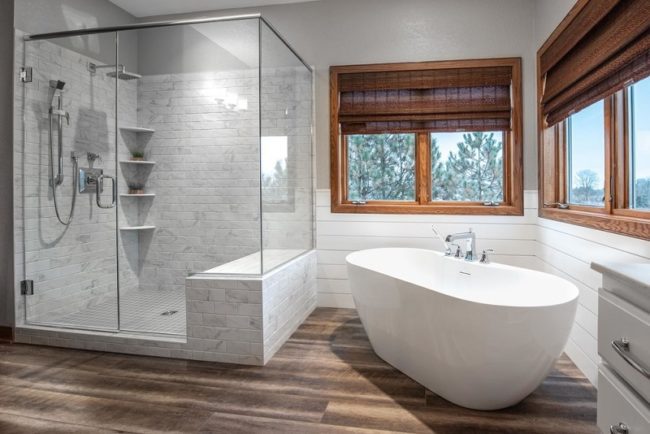
When renovating a bathroom or building a new one, choosing the right glass shower door is crucial for both aesthetics and functionality. Glass shower doors provide a sleek and modern look, allowing light to flow freely and giving the illusion of a larger space. However, with a variety of styles, materials, and finishes available, homeowners and designers face several important considerations to ensure they select the best option for their specific needs.
Durability and safety are top priorities when selecting a glass shower door. Tempered glass, known for its strength and break-resistance, is a standard in the industry. It is designed to shatter into small, less harmful pieces if broken, offering an added level of security. Beyond safety, the thickness of the glass affects both the quality and the performance of the door. Thicker glass often equates to a more stable and premium feel, but may require sturdier hardware to support its weight.
Maintenance and ease of cleaning are also important considerations. Clear glass offers a timeless appeal, but it may show water spots and fingerprints more readily than frosted or textured alternatives. Some glass doors come with special coatings to repel water and reduce staining, which can save time and effort in cleaning. The choice of a frameless or framed door impacts not only the look but also the ease of maintenance, as frames may collect water and soap scum, requiring more frequent cleaning.

Essential Features
When selecting glass shower doors, consumers should focus on features that ensure durability, functionality, and compatibility with their bathroom’s design.
Glass Thickness
Glass Thickness is a critical determinant of stability and quality. Standard thickness ranges from 3/16 inch to 1/2 inch. Thicker glass offers more rigidity and a premium feel, but may require stronger supporting hardware.
- 3/16 inch: Economical and lightweight.
- 1/4 inch: Middle ground, offering a balance between durability and cost.
- 3/8 inch: Popular choice for frameless doors due to superior stability.
- 1/2 inch: Highest quality, providing a luxurious, solid feel.
Door Type
Different Door Types cater to varying bathroom sizes and layouts. They impact how the door functions in the given space.
- Sliding doors: Ideal for compact areas without room for door swing.
- Pivot doors: Rotate on a hinge, suitable for wider openings.
- Bifold doors: Fold in on themselves, space-saving and suitable for medium-sized bathrooms.
- Hinged doors: Require clearance for door swing, fitting for larger bathroom spaces.
Hardware Quality
Hardware holds the glass in place; thus, its quality is non-negotiable. Hardware Quality should complement the glass’s weight and thickness, ensuring longevity.
- Hinges: Durable and capable of supporting the door weight.
- Handles: Solid construction, resistant to corrosion, and matching bathroom aesthetics.
Waterproofing
Proper Waterproofing mechanisms prevent water leaks and contribute to the overall functionality of the shower door.
- Seals: High-quality rubber or silicone ensures a water-tight seal.
- Sweeps: Attached at the bottom to deflect water back into the shower.
Ease of Installation
Ease of Installation can influence the final outcome and user convenience. Professional installation is often recommended, especially for heavier and frameless doors.
- Frameless doors: Require precise installation due to lack of frame support.
- Framed doors: More forgiving with DIY installation due to the added structure of a frame.

Aesthetic Considerations
When evaluating glass shower doors, their appearance can significantly influence the overall appeal of a bathroom. The transparency of the glass, frame style, and handle design are crucial aesthetic factors.
Glass Transparency
Options for glass transparency include clear, frosted, and patterned glass. Clear glass is fully transparent, offering an unobstructed view and contributing to a more spacious feel. Frosted glass provides privacy and diffuses light softly, while patterned glass can add a decorative element.
Frame Style
The shower door’s frame can range from fully-framed to semi-framed, or frameless designs. Fully-framed doors have metal encompassing the entire glass perimeter, offering a classic look. Semi-framed models might feature metal only along certain edges, providing a more contemporary appearance. Frameless doors rely on heavy-duty glass and minimal hardware for a sleek, modern aesthetic.
Handle Design
Shower door handles contribute to the usability and style of the door. They come in various shapes, styles, and finishes, such as chrome, brushed nickel, or oil-rubbed bronze. Simple bar handles suggest a minimalist approach, while more ornate designs can echo the bathroom’s overall design theme.








